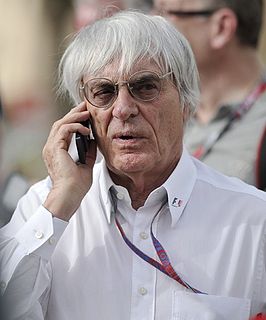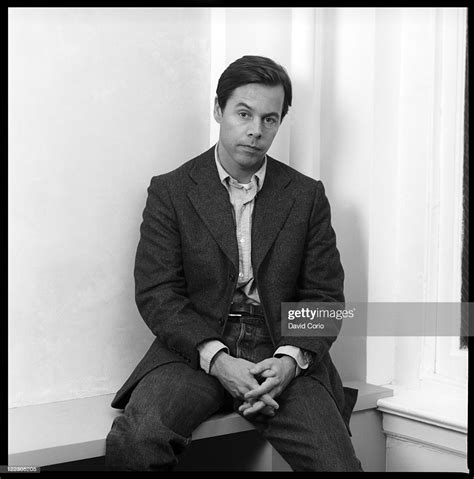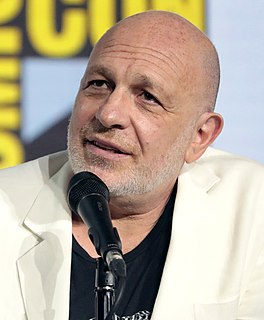A Quote by Vin Scully
And also it's an ever-gathering process. If I pick up the Sporting News or some sports publication and there's an article on somebody and I think I might see that player, I will tear it out and put it in a file, and I have a looseleaf book so when we're going to play that particular team I take out all these clippings and things I pulled out, I go through them, highlight them, put them in the book.
Related Quotes
It's going to be labor-intensive and time-consuming, but you need to take all the books down and put them on the floor. Take them down and spread them in one area. Physically pick each book up, one by one. If the book inspires you, keep it. If not, it goes out. That's the standard by which you decide.
There are certain things that I'll hear about and that I think will make a great book and I put it in a file. Sometimes it's a situation that interests me, and I don't even realize what I'm trying to say about it until I get closer to it. Sometimes the book after that I've written 125 pages of, and I can tell you what the book is after that. I just sort of have a linear progression, but more than anything, the topics land in your lap. I don't feel that I go out searching for them.
For there is a growing apprehension that existence is a rat-race in a trap: living organisms, including people, are merely tubes which put things in at one end and let them out at the other, which which both keeps them doing it and in the long run wears them out. So to keep the farce going, the tubes find ways of making new tubes, which also put things in at one end and let them out at the other.
... The Book is more important than your plans for it. You have to go with what works for The Book - if your ideas appear hollow or forced when they are put on paper, chop them, erase them, pulverise them and start again. Don't whine when things are not going your way, because they are going the right way for The Book, which is more important. The show must go on, and so must The Book.
I don't really think much of any songs I put out like I know... I think they're good, that's why I'm putting them out. But like I don't ever try to expect anything, so even with 'Caroline' or 'Red Mercedes,' I just put them out and hope for the best and people kind of gravitate towards them and I guess that's pretty cool and that's a blessing.
I don't pick up my work at all. If it's something that's still in progress and I have the chance to make some edits on the material or think about the order, little things like that, I'll keep those stories at hand and go through them. But once it exists as the book, it's locked away in a vault, and I kind of put it behind me.
These are the things I learned: share everything, play fair. Don't hit people. Put things back where you found them. Clean up your own mess. Don't take things that aren't yours. Say you're sorry when you hurt somebody. Wash your hands before you eat. Warm cookies and cold milk are good for you. Live a balanced life. Learn some and think some and draw some and paint and sing and dance and play and work some every day. Take a nap every afternoon, and, when you go out into the world, watch for traffic, hold hands, and stick together.
When a parent comes into school waving a book and saying, 'Take this book away. I don't like this book.' I won't say in all cases, but in many cases, that will not happen anymore. It has to go through a proper review board. The complaining parent will have to fill out a complaint, you know, put it in writing.
If you invent two or three people and turn them loose in your manuscript, something is bound to happen to them -- you can't help it; and then it will take you the rest of the book to get them out of the natural consequences of that occurrence, and so first thing you know, there's your book all finished up and never cost you an idea.
There are a lot of things that you see in the world ...We have a collection of gloves that have been run over by trucks that a friend named JP Williams collects. They are really beautiful. They look like sculpture. And he has a hundred pictures of them - we're making a book out of them. It's all that kind of ephemera, things that exist that no one really looks at unless it's put to them in a certain way.
Adaptation is always the same process for me, which is some version of throwing the book at the wall and seeing what pages fall out. It is trying to imagine, remember the story, read it, put it down, and then write sort of an outline without the book in front of you with some hope that what you like about it will be filtered and distilled out through your memory and then that will be similar to what other people like about it.



































